"Carbon Farms International's (CFI) mission is to accelerate the drawdown of atmospheric greenhouse gases."
Sustainable Development Goals
CFI's commitment to the UN's Sustainable Development Goals
Adopted by all United Nations Member States in 2015, The Sustainable Development Goals provides a shared blueprint for peace and prosperity for people and the planet, now and into the future. CFI's business model is aligned with practically every one of these 17 goals. Click on any of the boxes below to learn how CFI contributes towards it.
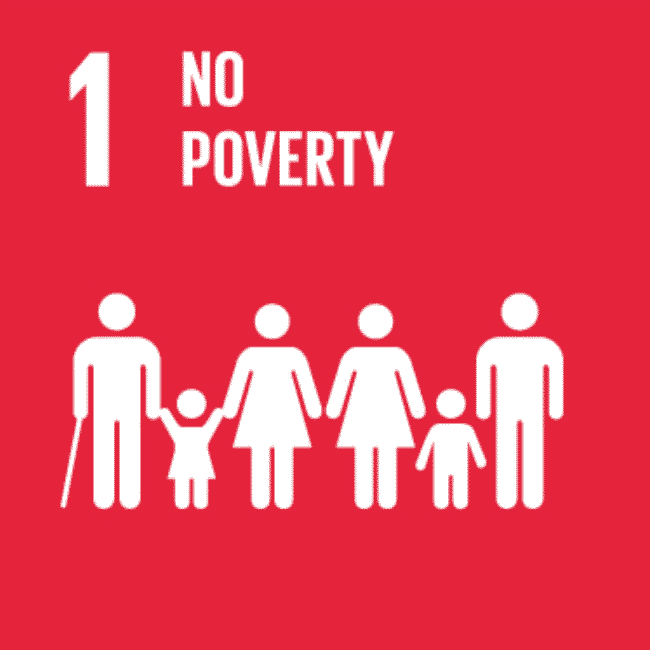
Carbon Farms International (CFI) facilitates the employment of people in developing countries and pay decent wages to pull them out of poverty.
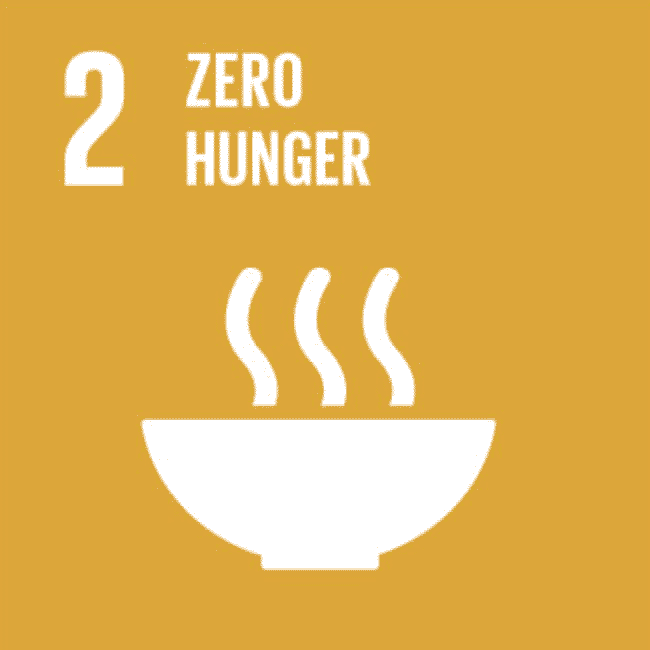
CFI helps increase the world’s food supplies by facilitating the conversion of poor food-producing lands into efficient ones. A greater food supply = more affordable food.

CFI designs farms that operate using organic practices which results in a healthy work environment for farm workers and healthy food for consumers.
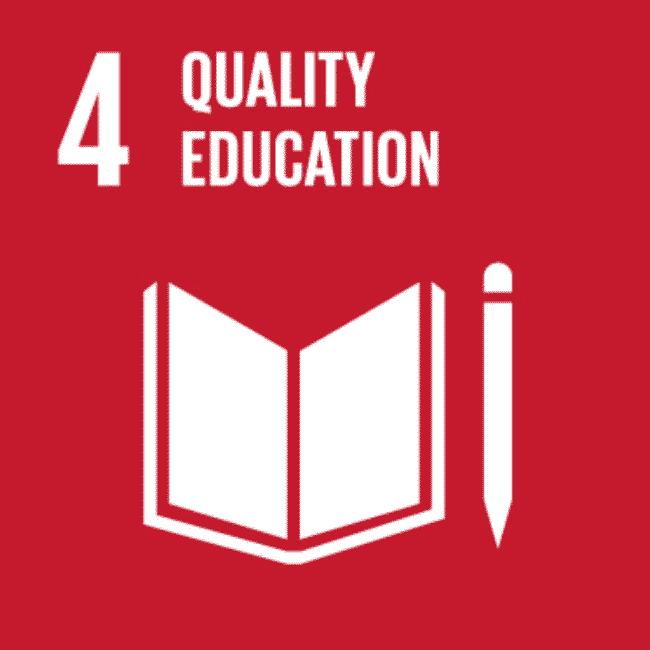
CFI plans to offer volunteer opportunities to WWOOF (Willing Workers on Organic Farms) participants which will include on the ground training and education on CFI farms that teach the benefits of organic agriculture practices and the role that carbon farming plays in reversing global warming.
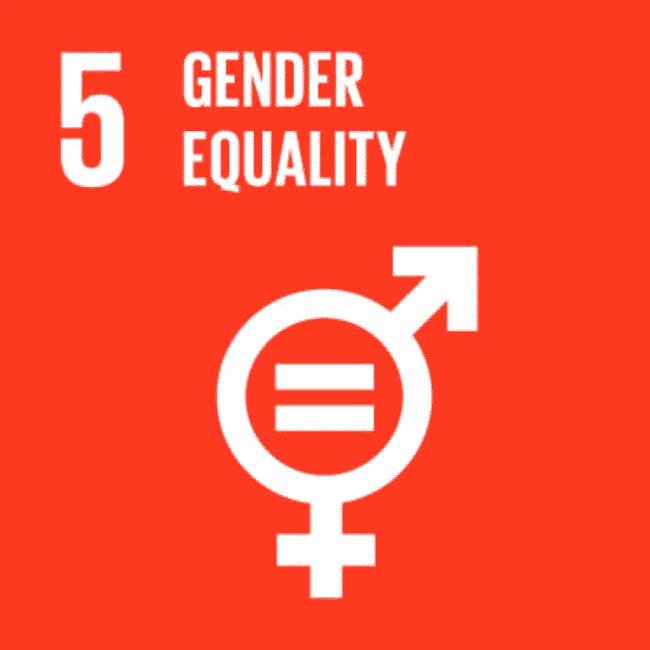
CFI has an equal pay employment policy and will not discriminate against women with its employment needs.
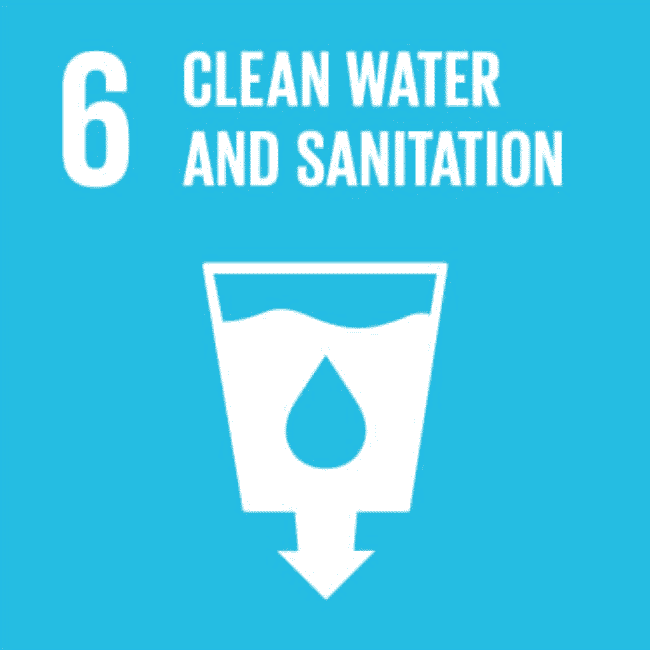
Through its focus on organic farming practices, CFI designed carbon farms will not be working with chemicals that can leach into and affect the quality of the local water supply. Farms will be irrigated with efficient drip irrigation systems and will also offer clean water for staff for consumption and cleaning.
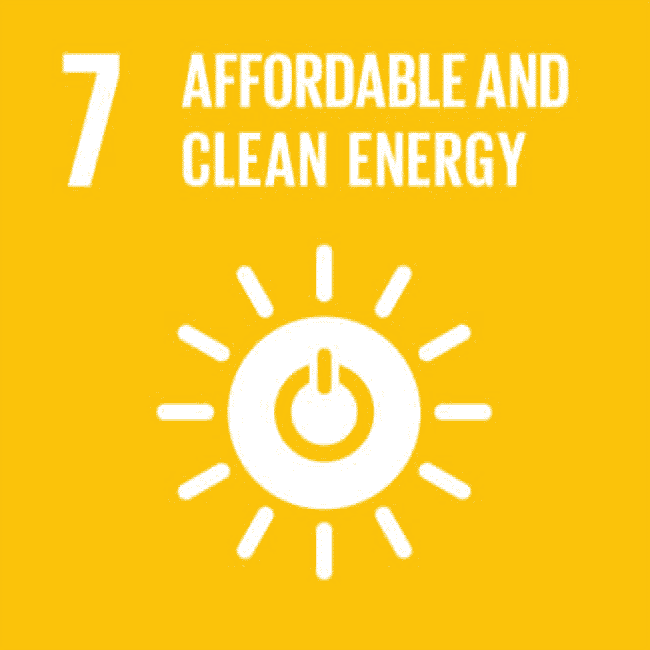
CFI designs carbon farms that produce renewable energy to power operations. Excess energy production, when possible, will be sold to the grid, resulting in a greater supply of renewable energy overall. Free EV charging will be offered to farm staff who's hard work will be rewarded with electric motorcycles to get to and from work, and potentially the public.

CFI designed carbon farms represent a better utilization of the land which employs more people and can pay higher wages. Farm staff are given quality jobs in a healthy work environment (organic farming practices). These farms are expected to provide employment activities ongoing, indefinitely.

Grid tied renewable energy generation, when available, helps increase the region's overall renewable energy generation capacity. Electric vehicle charging on farms add to the area's overall EV charging infrastructure. Irrigation systems powered by renewable energy and utilizing drip irrigation, are water efficient and sustainable.

CFI plans to have an equal opportunity and inclusion policy for employees that does not descriminate irrespective of age, sex, disability, race, ethnicity, origin, religion or economic, or other status.

CFI designed farms grow the raw materials targeted for housing construction. By supplying sustainably harvested lumber, deforestation pressure is relieved from the world's natural forests.
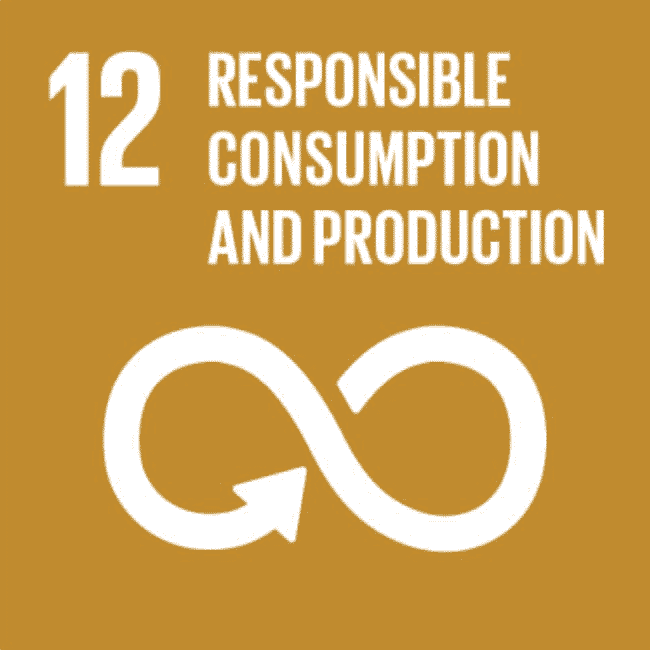
Carbon farm goods are grown sustainably on lands that previously had low agricultural value and yield. The consumption of plant-based products are sustainable because they are lowest on the trophic level and therefore are an energy efficient way to both feed people and to construct buildings.

CFI carbon farm’s are built to be net carbon sinks which are vital in the effort to stop and reverse global warming.
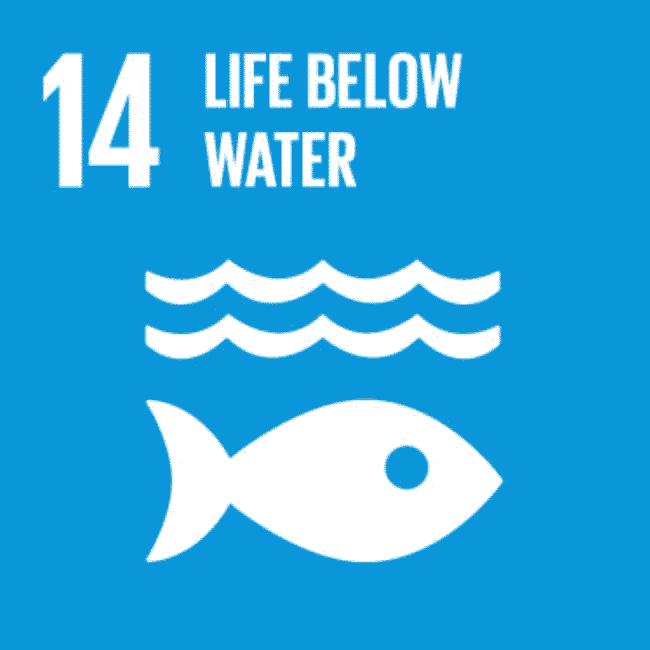
Organic farming practices are incorporated that do not contaminate local watersheds that eventually drain into the world's oceans. By sequestering CO2, CFI designed carbon farms will be helping to reverse ocean acidification and rising ocean temperatures.
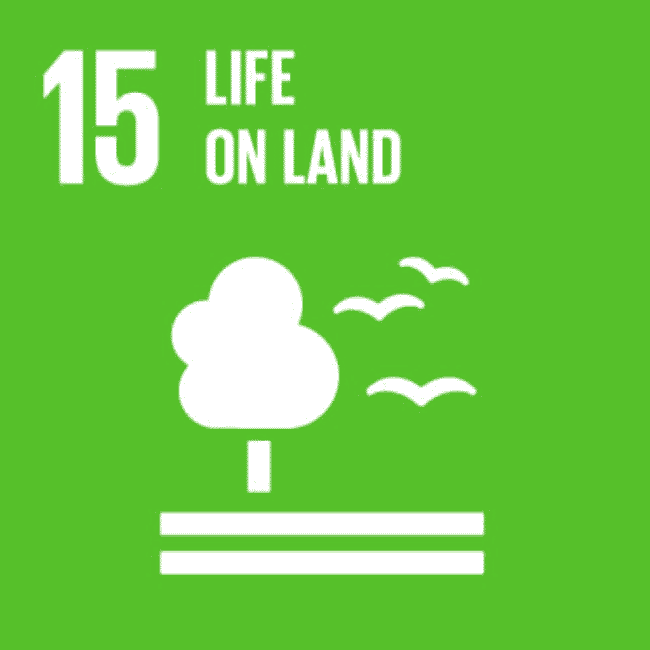
CFI designed farms reinforce existing forest stands through the creation of forest corridors that connect forest islands. Specific native and endangered trees that are beneficial to endangered wildlife are planted on the farms. The commercial hardwoods that are planted will relieve logging pressure on the world’s native forests.
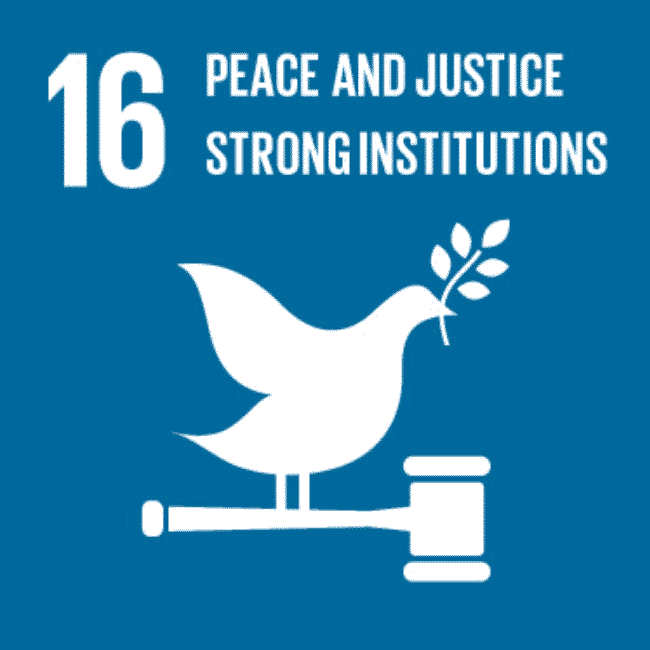
CFI believes that by increasing employment through the conversion of pasture lands into highly productive farms, it will help reduce violence and violent crime which may stem from financially desperate people and situations.
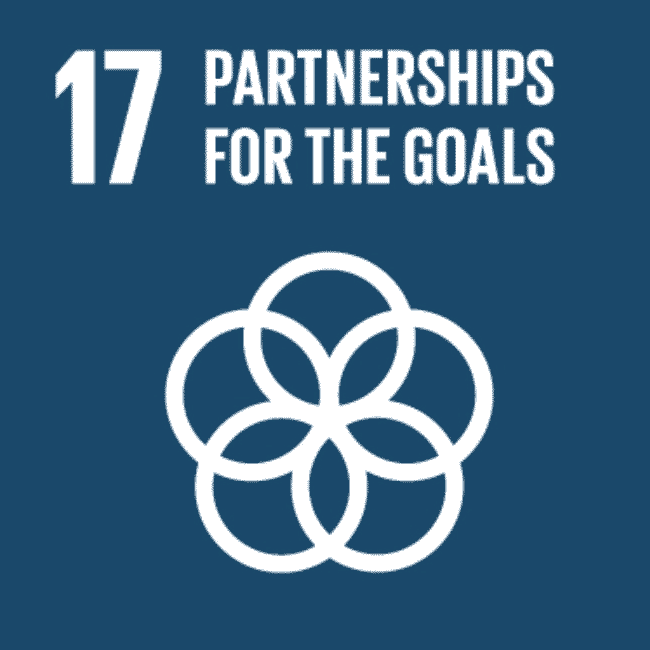
CFI's business structure, specifically its facilitation of private investment in developing countries, contribute to the overall GDP of a country and improves the country’s standing for securing loans and supporting itself.